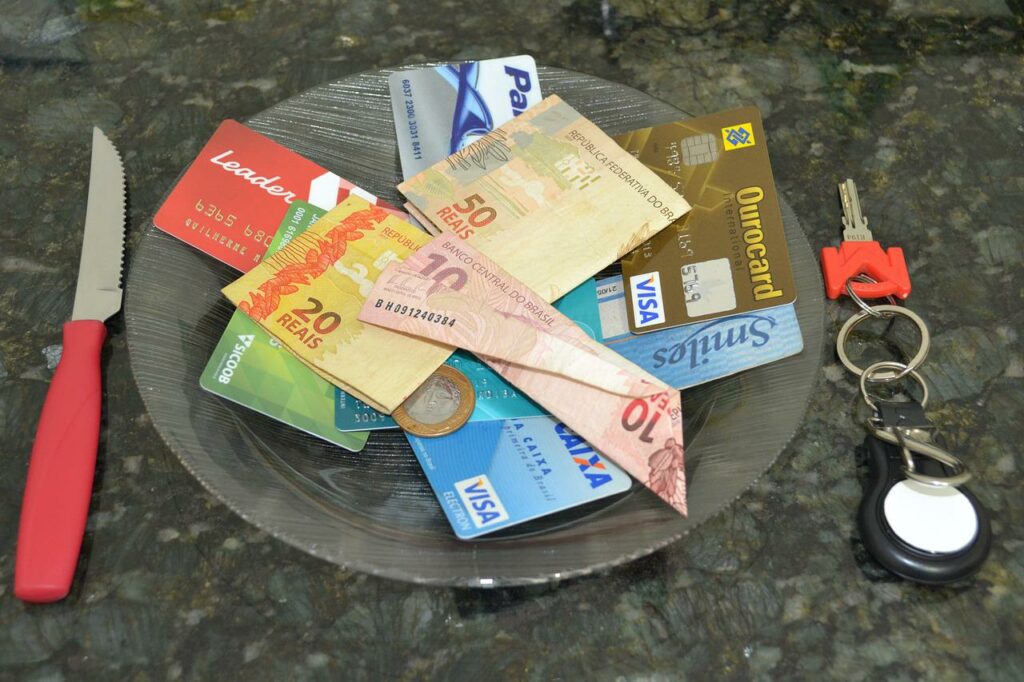Wages and incomes in the hotel industry in New Zealand continue to rise, despite companies facing some of the most difficult trading conditions. According to Hospitality New Zealand’s 2022 compensation study, the average hourly wage has increased by 8.9 percent since last year, while the average income has increased by 10.5 percent.
The improvements reflect the intense competitiveness for talent, as operators offer more to attract talent, and are nearly double the whole economy’s average growth over the same time. The average hourly salary in hospitality has increased by $2 to $24.43, including the new wage rate of $23.65 that goes into effect in September. The average wage has increased by $6904 to $72,558.
As per Julie White, Chief Executive of Hospitality NZ, the rises demonstrate the sector’s exceptional resilience in the face of continued COVID lockdowns, immigration issues, and weaker business confidence.
“These are huge changes, considering the economic conditions businesses have been battling and prove once again the sector is doing more than its part to improve a lot of its workers. You need only look at what’s happened to wages across the economy to see that. In the year to March, average hourly earnings increased by just 4.8%”.
“The ongoing skills shortage is undoubtedly playing a role in buoyant wages in hospitality – the prevailing narrative of ‘pay more has not been decisive in filling skills gaps – but should not overshadow the fact our businesses pay competitive wages, and that there are viable careers to be had in one of New Zealand’s biggest sectors,” says White.
Astonishingly, we have achieved such big growth in what has been our most difficult post-COVID year ever when other companies have fought to stay afloat. According to White, the government’s response to New Zealand’s skills shortfall has been to pay hospitality employees more. Further, White stated that the statistics demonstrate we’re still doing it, and we’ve done it in the most difficult of circumstances. The problem of employee shortages will not be solved until the government authorizes us to recruit the necessary expertise.

















More Stories
Mexico’s 2026 Luxury Hotel Explosion: Caribbean & Pacific Gems
SBA Blocks Green Card Holders From Key Loan Program, Raising Concerns for Immigrant Businesses
Phoenix Ignites America’s $3 Trillion Tourism Powerhouse Unleashed